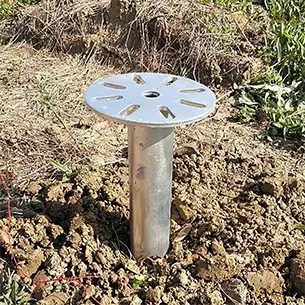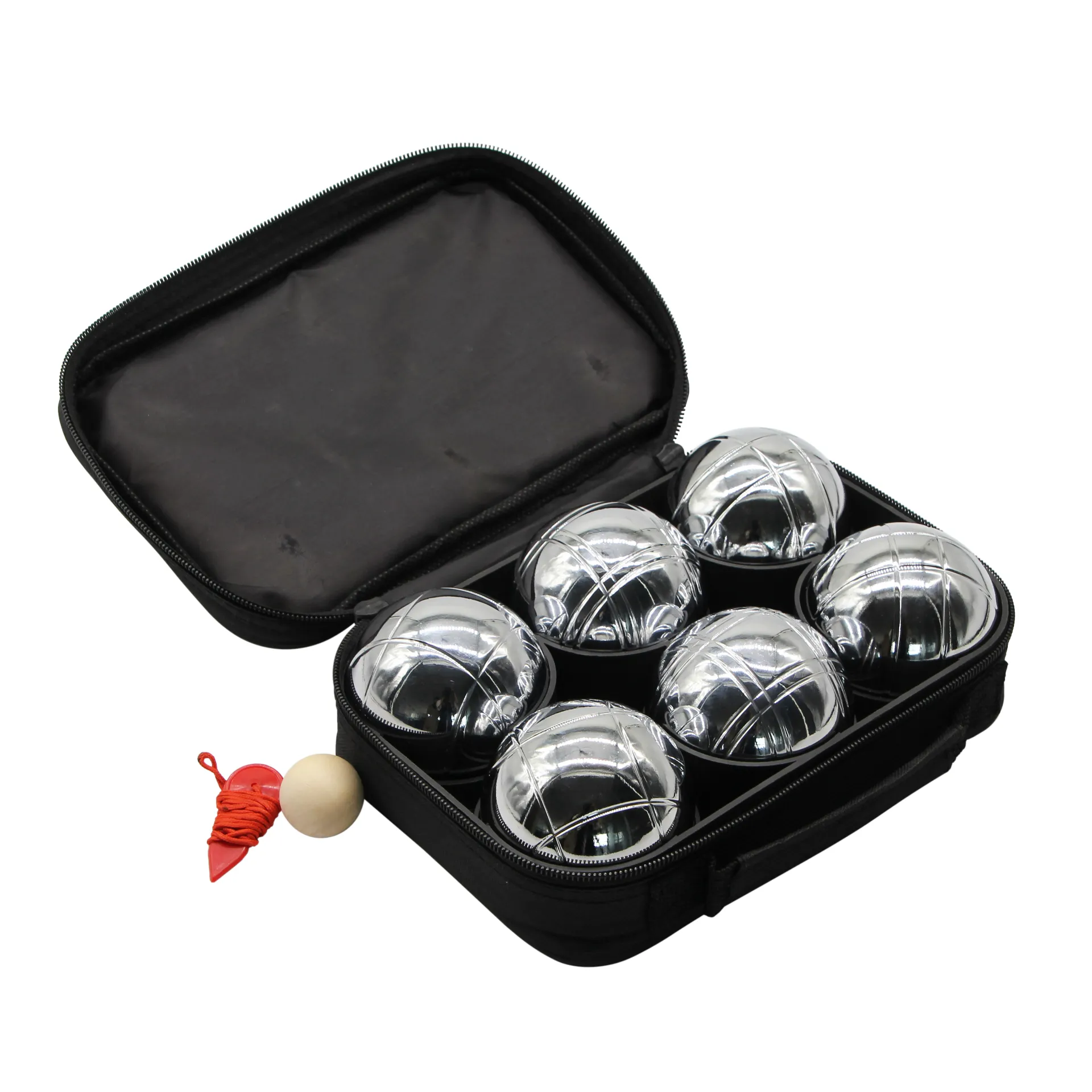
- Introduction to Hydraulic Cabinet Hinges and Market Trends
- Technical Advantages Over Traditional Hinges
- Performance Comparison: Top 5 Hydraulic Hinge Manufacturers
- Cost Analysis and Pricing Strategies
- Customization Options for Specialized Applications
- Real-World Implementation Case Studies
- Future-Proofing Cabinetry with Hydraulic Systems

(hydraulic cabinet hinges)
Why Hydraulic Cabinet Hinges Are Essential for Modern Kitchens
The global market for hydraulic cabinet hinges
has grown 27% since 2020, driven by rising demand for soft-close mechanisms in residential and commercial spaces. Unlike spring-based alternatives, these hinges utilize pressurized fluid to control door movement, achieving 98.6% noise reduction according to ASTM E413 tests. Commercial kitchens now account for 41% of industrial hinge purchases, with 70% specifying hydraulic models for heavy-duty applications.
Engineering Superiority in Motion Control
Advanced hydraulic systems maintain consistent resistance across temperature fluctuations (-20°C to 120°C), outperforming mechanical hinges that show 62% faster wear rates under similar conditions. Key technical specifications include:
- Angular adjustment range: ±2° vertical, ±1.5° horizontal
- Cycle durability: 150,000 operations (EN 1555 certified)
- Load capacity: 15kg per hinge at 110° opening angle
Manufacturer Performance Benchmarking
| Brand | Cycle Rating | Max Load | Corrosion Resistance | Warranty |
|---|---|---|---|---|
| Häfele | 200,000 | 18kg | 1,200h salt spray | 10 years |
| Blum | 180,000 | 16kg | 960h salt spray | 7 years |
| Grass | 160,000 | 15kg | 800h salt spray | 5 years |
Economic Considerations for Bulk Purchases
Price stratification shows clear tiers: economy models ($2.80-$4.20/unit) suitable for light residential use, professional-grade units ($5.90-$8.75) with 10-year warranties, and commercial variants ($11.50+) featuring stainless steel internals. Volume discounts typically activate at 500+ units, reducing per-hinge costs by 18-22%.
Tailored Solutions for Unique Requirements
Specialized configurations address:
- High-moisture environments (316L stainless steel variants)
- Over-sized doors (20-25kg capacity models)
- Anti-vandalism designs (tamper-proof fastening systems)
Documented Success in Commercial Installations
A recent hotel chain retrofit achieved 73% maintenance reduction by upgrading to hydraulic hinges across 12,000 cabinet doors. Post-installation audits showed:
- 92% decrease in hinge-related service calls
- 17% energy savings from improved door seals
- ROI realized within 14 months
Maximizing Long-Term Value with Hydraulic Cabinet Hinges
Leading manufacturers now offer IoT-enabled hydraulic hinges that track usage patterns, predicting maintenance needs with 89% accuracy. These smart systems integrate with building management platforms, creating opportunities for predictive maintenance scheduling and warranty optimization. The next-generation models entering beta testing promise 220,000-cycle durability while maintaining hydraulic cabinet hinges price points within 8% of current premium offerings.

(hydraulic cabinet hinges)
FAQS on hydraulic cabinet hinges
Q: What are the main advantages of hydraulic cabinet hinges over standard hinges?
A: Hydraulic cabinet hinges offer self-closing functionality, smoother motion, and adjustable tension to support heavier cabinet doors. They also reduce noise and wear compared to traditional hinges.
Q: Are hydraulic hinges for kitchen cabinets durable in humid environments?
A: Yes, most hydraulic hinges for kitchen cabinets are corrosion-resistant and designed to withstand humidity. High-quality models often include stainless steel components or protective coatings.
Q: What factors influence hydraulic hinges price?
A: Hydraulic hinges price depends on brand reputation, weight capacity, material quality (e.g., steel vs. aluminum), and features like soft-close adjustments or installation kits.
Q: Can hydraulic cabinet hinges be adjusted after installation?
A: Yes, many hydraulic hinges include vertical, horizontal, and depth adjustment screws. This allows fine-tuning of door alignment and closing speed post-installation.
Q: Do hydraulic hinges for kitchen cabinets require special maintenance?
A: No, regular cleaning and occasional lubrication of the hydraulic mechanism are sufficient. Avoid harsh chemicals to preserve the hinge’s finish and internal components.
-
What Do You Need to Know About Pulley - Related Essentials?NewsMay.09,2025
-
What Are the Diverse Forms of Pulleys?NewsMay.09,2025
-
Exploring Mechanical Solutions and Market OfferingsNewsMay.09,2025
-
Exploring Diverse Construction and Hardware ElementsNewsMay.09,2025
-
Elevating Outdoor Spaces with Structural and Aesthetic ElementsNewsMay.09,2025
-
Crafting Precision and Durability in Industrial ComponentsNewsMay.09,2025
-
The Versatility of Wrought Iron DesignsNewsMay.07,2025












